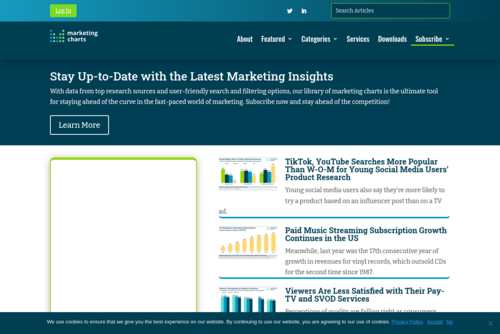The definition of spam has effectively changed from “unsolicited commercial email,” to the more general definition of "unwanted" based on a recent survey.
The survey sought to determine consumers' perceptions of what spam is, why they report emails as spam and what they think happens when the “report spam” button is clicked.
- Over half of survey participants - 56% - consider marketing messages from known senders to be spam if the message is “just not interesting to me.”
- 50% of respondents consider “too frequent emails from companies I know” to be spam.
- 31% cite “emails that were once useful but aren't relevant anymore.”
Regarding the use of the “report spam” button - the primary tool that internet service providers (ISPs) provide consumers to counter spam - nearly half of respondents (48%) provided a reason other than “did not sign up for email” for reporting an email as spam.
Confusion is pervasive among consumers regarding what they believe will happen as a result of clicking the “report spam” button:
- Over half of respondents, 56%, reported that it will “filter all email from that sender.”
- 21% said it will notify the sender that the recipient did not find that specific email useful so the sender will “do a better job of mailing me” in the future.
- 47% said they would be unsubscribed from the list by clicking “report spam,” whereas 53% do not think that's the case.
Email Marketers in Trouble as 'Spam' Definition Evolves to Mean 'Unwanted'

From http://www.marketingcharts.com 5870 days ago
Made Hot by: on March 30, 2008 10:32 pm
Who Voted for this Story
Subscribe








Comments
5870 days ago